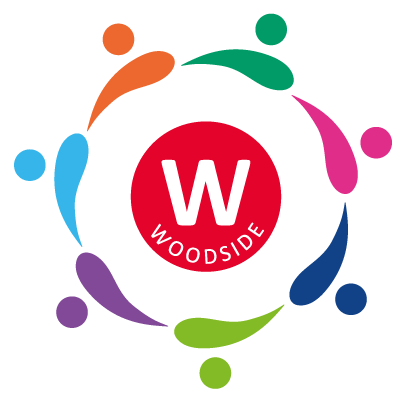Reception
Planning for Learning
- We plan taking into account what we see and hear the children say and do - observation!
- Assessment supports all adults to plan at the right development level.
- To widen the children's knowledge of the world around them and develop the children’s interests, we plan from half termly topics - read about them here.
How do we teach in the Early Years?
It is important to get a balance between child-initiated and adult-led activities.
Adult- Led Activity
- Children are given the opportunity to take part in focused work to develop their speaking and listening, reading, writing, maths and exploratory activities, working in small groups with a teacher or nursery practitioner.
Child-Initiated Activities
- Children learn from their interactions with both children and adults in their environment.
- The classroom inside and outside (learning zones) is carefully prepared by the team to support independent learning.
- Both inside and outside learning zones provide a wide range of challenging activities and resources, for children to develop and extend their own learning.
- Activities also build on from what the children have learnt during the adult-led focus activities.

Phonics Programme
Read Write InC (RWI) is the systematic synthetic phonic scheme we use across the school. The scheme’s approach to teaching Phonics enables the children to quickly learn:
- The process of how the English letter sound system works
- To identify rhymes and develop their speaking & listening skills
- Orally blend (to read) and segment (to spell)
- The 44+ letter sounds (phonemes) in the English language
- To read (by blending-stretch & link each phoneme (letter sounds) together quickly) and spell (segment - separate each phoneme to identify the grapheme (written letter) to write) simple (cat) and then more complex words (sheep).
Reception
- All children will take part in a 20-minute whole class phonic session daily in autumn 1.
- Children will then be assessed and will be taught in smaller groups over the Reception year.
Wider Reading Programme
Reading sets you free!
At Woodside there is an exciting reading programme that ensures reading is at the heart of the early years’ curriculum. It is important that all children learn to read and then move on to love to read, to deepen their knowledge of the curriculum.
- Daily story - to develop a love for stories broaden their knowledge of the world around
- Weekly book focus on the way stories are structured, develop comprehension (understanding of words they hear and how they can be used), speech patterns, build vocabulary and practice their developing decoding skills (reading an unknown word).
The children will learn to read words using the RWI book scheme as it matches the phonemes they learn each week. For child not quite ready for this stage they will have books that focus mainly on comprehension skills (asking questions to gain understanding and knowledge of how books work) and building vocabulary.
Home Challenges!
- Weekly reading and spellings
- Each week the children may be given home tasks to complete. Home tasks will be to extend and consolidate what they have been learning in school.
Parents in Partnership
Family Fridays
Our children and their parents/carers are important and at Woodside we see learning as a partnership. Every four weeks parents/carers are invited to spend extended time in the reception classroom, so children can learn alongside their parents/carers. Each session will focus on a particular curriculum area.
Learning Journey
Parents are encouraged to contribute to their child’s learning. We encourage parents to bring in photos, work samples or other things of significance to add to their child’s learning journey.
We take photos and detailed observations of the children to support our planning and assessment.
In Reception, parents are welcome to stay at the beginning of every session, where they are encouraged to take part in their child’s learning. In addition, during the week prior to when the child is a focus child, parents will also receive ‘The Focus Child Parents Questionnaire’ to fill in about their child’s interests, progress and their opinion to be taken into consideration when planning for the child’s needs/next steps/interests. This will also be added to the child’s learning journey.
We assess children against the Development Matters document for the Early Years and against the 17 Early Learning Goals at the end of Reception year. We use these assessments to help us adapt and plan relevant, exciting activities to support the children’s learning and development.






